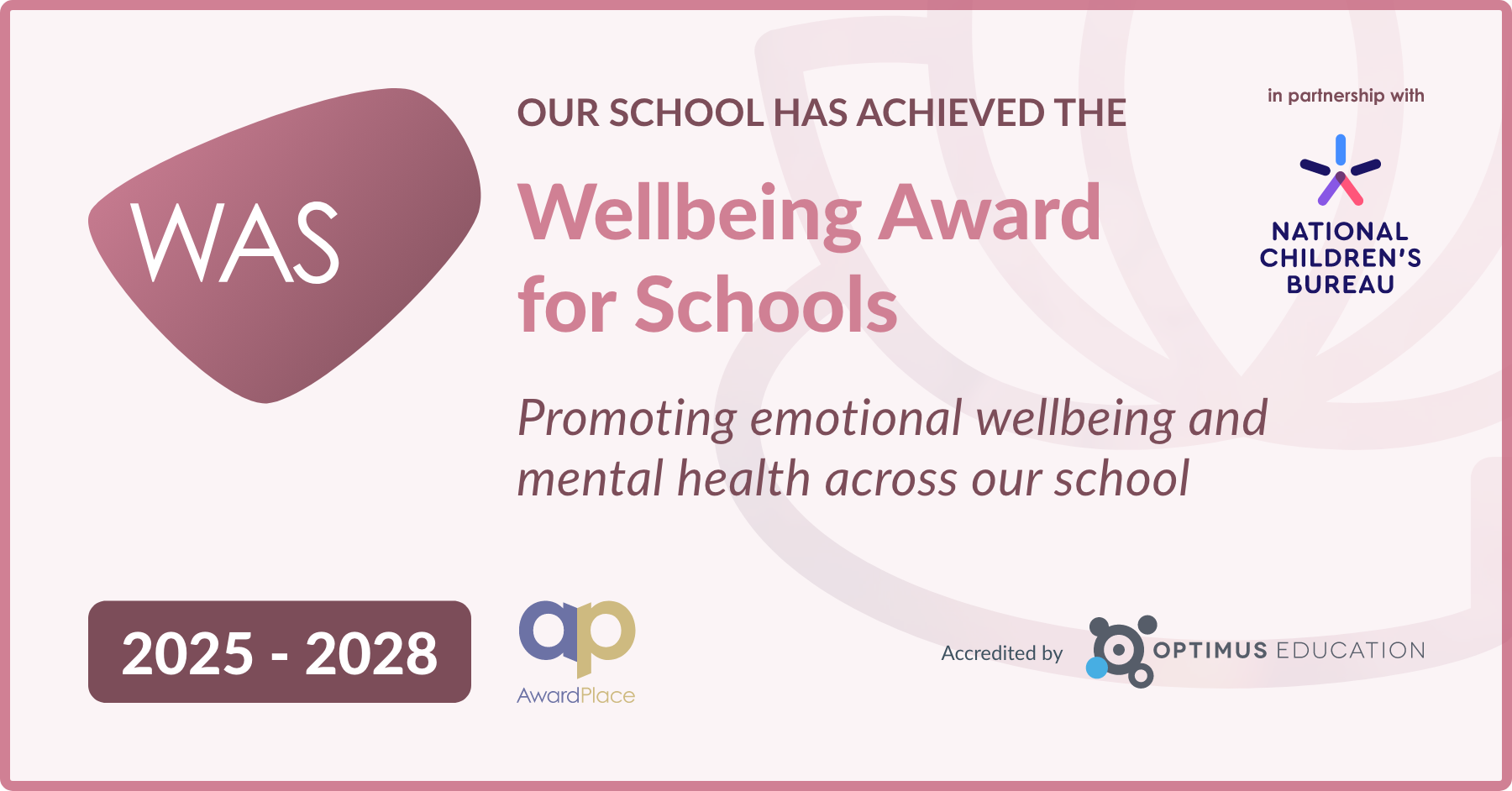On 3 June 2025, St Peter’s Preparatory School achieved the Wellbeing Award for Schools, which has been developed by the National Children’s Bureau and Optimus Education. According to the National Children’s Bureau, this award “recognises the outstanding work being done to promote mental health and wellbeing within school communities across England.”
The process that St Peter’s had to go through to achieve the award involved the whole school community. Anna Feuchtwang, Chief Executive of the National Children’s Bureau, said:
“Children today face new challenges – such as the demands of 24-hour connectivity on social media, cyber-bullying and sexting. They’re also under huge pressure to do well in exams, in the face of an increasingly competitive jobs market.
“Time and again research has shown these pressures are resulting in a rising tide of mental health issues amongst the young. But as well as helping those with problems, we need to create a positive climate where wellbeing and happiness can bloom. For schools, this means ensuring that mental health is everyone’s business. We’re so excited that this award is recognising schools who’ve risen to the challenge, and are making pupil wellbeing a priority.”
St Peter’s Preparatory School’s May 2024 Independent Schools Inspectorate Report highlights a “comprehensive system of pastoral care” as “especially strong” where staff “walk the extra mile to provide bespoke support for those pupils who need it.”
Deputy Head (pastoral), Mrs Amy Hughes, comments: “I am delighted that St Peter’s Preparatory School has achieved the Wellbeing Award for Schools, since wellbeing is central to the overarching vision of our school because we know there is a proven link between wellbeing and academic success. Not only did the award process highlight the needs of our pupils but also those of our staff and parents and it gave us a focused approach to enhance our provision for all.”
Claire Williams, the verifier of St Peter’s Wellbeing Award, wrote: “The curriculum (at St Peter’s Preparatory School) combined with pastoral care ensures that children are offered opportunities to grow: emotionally, intellectually, socially, creatively and physically.”








